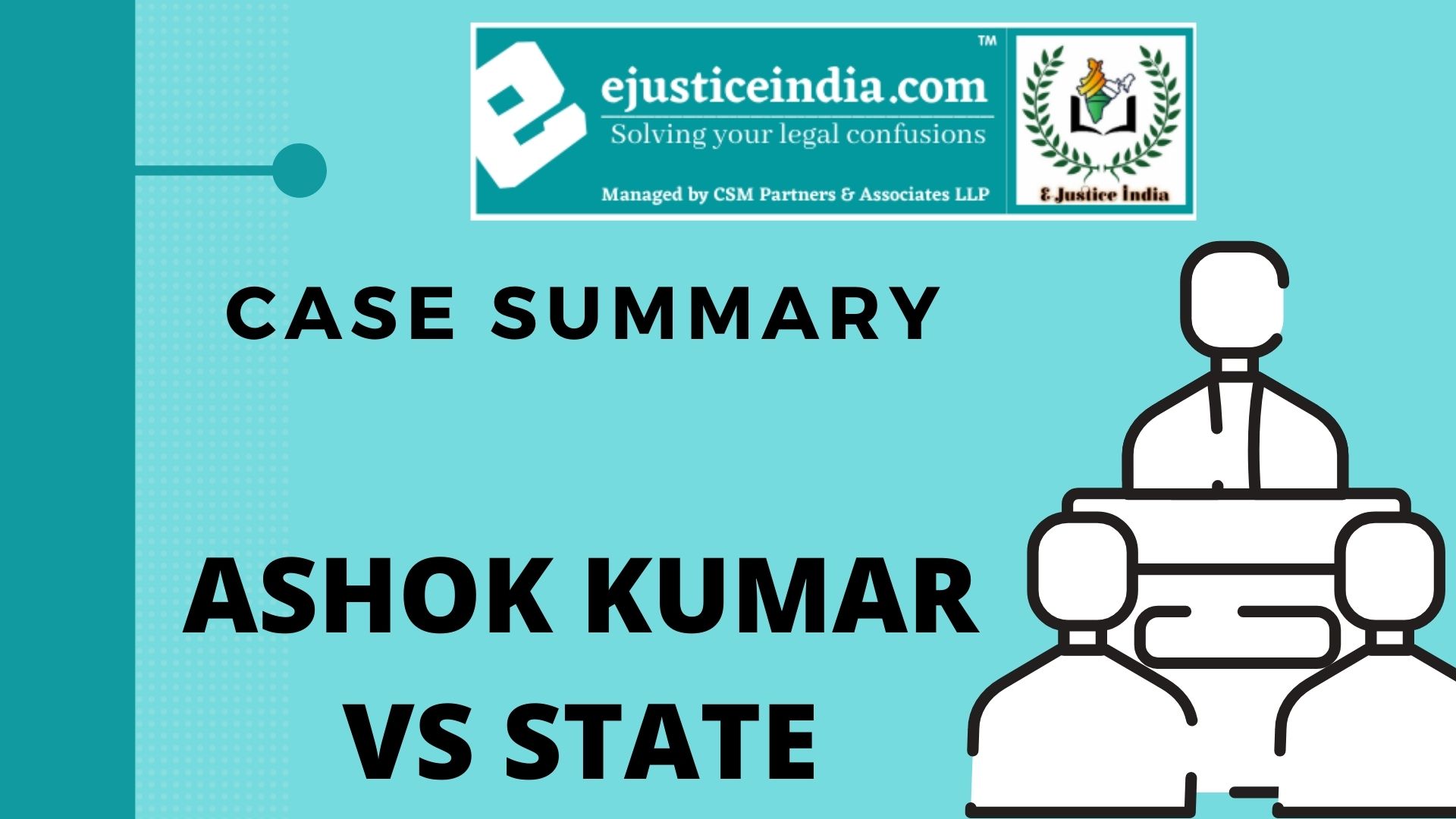CASE SUMMARY – AMALGAMATED COAL FIELDS LTD VS JANAPADA SABHA CHHINDWARA
Author: Shuruthi J (SASTRA Deemed University, School of Law)
A) CITATION:
AIR 1964 SC 1013
B) BENCH:
Hon’ble CJ B.P. Sinha .
Hon’ble Justice P.B. Gajendragadkar,
Hon’ble Justice K.N. Wanchoo,
Hon’ble Justice K.C.D. Gupta, J.C.
C) INTRODUCTION:
The appellants are the companies that hold mining licenses for extraction of coal in the district of Chhindwara. There were ten appeals and two writ petitions that are clubbed together because they have a common question of law. Notices have been issued by the respondent to pay the coal taxes for their mining activities within the jurisdiction of the original Independent Mining Board.
D) FACTS:
The Amalgamated Coal fields Ltd., and The Pench Valley Coal Co.Ltd are the companies against whom the notices has been issued by the respondents to pay Rs. 21,898/ 64np and Rs.11,838/9np respectively as tax @ 9 pies per ton from January 1,1958 to June 30, 1958 for the coal which was dispatched outside the State of Madhya Pradesh.
The appellants challenged the notices issued against them in the Supreme Court in the Writ Petition No.31 of 1959. The petition was dismissed by the Supreme Court and was held valid. Therefore a special leave petition was filed in the Court challenging the validity of the notices issued by the respondents to pay arrears of taxes.
E) ISSUES AND FACTS OF LAW:
The following issues were raised
a) Whether the notices issued by the respondents are valid and issued within their jurisdiction?
b) Whether res judicata can be imposed upon the writ petitions ?
F) JUDGEMENT:
The Supreme Court allowed the appeal and the writ petition in the present case and it restrained the respondent from recovering the tax from the respondent higher than 3 piers per ton and also prevents the respondents from recovering additional tax amount of the years for which the tax amount has been already assessed.
The court has unanimously mentioned that the questions determined by the previous decisions of the court cannot be reopened in this present case and hence the petitions filed under Article 32 are subject to res judicata.
G) ANALYSIS:
The court has taken a liberal point of view with regard to application of res judicata in the writ petitions. Since the grounds based on which the validity of the notices were challenged are different from that of the previous case.
The court declared the notices that were issued to appellant were invalid because the increased tax rate was not sanctioned by the State Government and according to Rule 10 it has been barred to assess additional tax amounts for the years that have been already covered in the assessment orders. Hence any increase in the tax amount will invalid since such restraint is in consonance with Article 227 of the Indian Constitution.


